(via) Justin Taylor from Gospel Coalition Holy Week: What Happened on Thursday?.
Holy Week: What Happened on Thursday?
With help from the ESV Study Bible, here’s an attempted harmony/chronology of the words and actions of Jesus in the final week of his pre-resurrection life.
Jesus instructs his disciples Peter and John to secure a large upper room in a house in Jerusalem and to prepare for the Passover meal
Matthew 26:17-19 Mark 14:12-16 Luke 22:7-13
 In the evening Jesus eats the Passover meal with the Twelve, tells them of the coming betrayal, and institutes the Lord’s Supper
In the evening Jesus eats the Passover meal with the Twelve, tells them of the coming betrayal, and institutes the Lord’s Supper
Mathew 26:20-29 Mark 14:17-23 Luke 22:14-30
Jesus and the disciples sing a hymn together (probably from Psalms 113–118), then depart to the Mount of OlivesMatthew 26:30 Mark 14:26 Luke 22:39
Matthew 26:36-46 Mark 14:32-42 Luke 22:40-46
Here is an article by Stephen Witmer posted at the Gospel Coalition on Jesus in the garden of Ghetsemane and His divine nature. (Jesus and the Martyrs.)
Jesus and the Martyr
by Stephen Witmer
And he withdrew from them about a stone’s throw, and knelt down and prayed, saying, “Father, if you are willing, remove this cup from me. Nevertheless, not my will, but yours, be done.” And there appeared to him an angel from heaven, strengthening him. And being in an agony he prayed more earnestly; and his sweat became like great drops of blood falling down to the ground (Luke 22:41-44).
In this passage, the eternal Son of God pleads with God the Father not to make him go to the cross, requires the help of an angel, and experiences great emotional upheaval in light of his approaching death. He is profoundly shaken. Early in church history, already in the second century, critics of Christianity were pointing to Jesus’ agonized prayer as reason to doubt that he was divine. The problem is heightened when we compare Jesus’ reaction in the face of death to other martyrs, ancient and modern, who appear to be more composed and able to face death with greater dignity than Jesus showed (see Timothy Keller’s The Reason for God for an insightful treatment of this). Here I provide three such examples.
Stephen Witmer gives examples of 3 ancient and modern cases of martyrdom where the men involved appear to face death with a calm dignity and contrasts it with Jesus’ agonizing prayer.
He concludes-
first, the Gospel writers had to be honest, to include such passages of struggling by Jesus and
second, ‘ What sets Jesus’ death apart from the death of any other person in the history of the world is the spiritual component of his suffering’.
We have an indication of that terrible spiritual reality in Luke 22:42: “Father, if you are willing, remove this cup from me.” To what “cup” is Jesus referring?
We get an answer in the Old Testament. Psalm 75:6-8 uses the imagery of a cup to refer to God’s judgment upon his enemies:
For not from the east or from the west and not from the wilderness comes lifting up, but it is God who executes judgment, putting down one and lifting up another. For in the hand of the LORD there is a cup with foaming wine, well mixed, and he pours out from it, and all the wicked of the earth shall drain it down to the dregs.
Isaiah 51:17 makes explicit that the “cup” is the cup of God’s wrath: “Wake yourself, wake yourself, stand up, O Jerusalem, you who have drunk from the hand of the LORD the cup of his wrath, who have drunk to the dregs the bowl, the cup of staggering.”
The “cup” Jesus is going to drink on the cross is far worse than the horrific physical suffering of crucifixion he faces. Jesus’ “cup” is the infinite wrath and judgment of almighty God upon human sin. The wrath of God that Jesus will experience on the cross is, very literally, hell. On the cross, he will experience separation from God the Father. He will be cut off from God. He will be considered an enemy of God because our sins will be counted as his (2 Cor. 5:21).
This is why Jesus agonizes and struggles in the Garden—because he knows he will soon be crushed under the infinite weight of the wrath of God.
click here to read the entire article…















































































































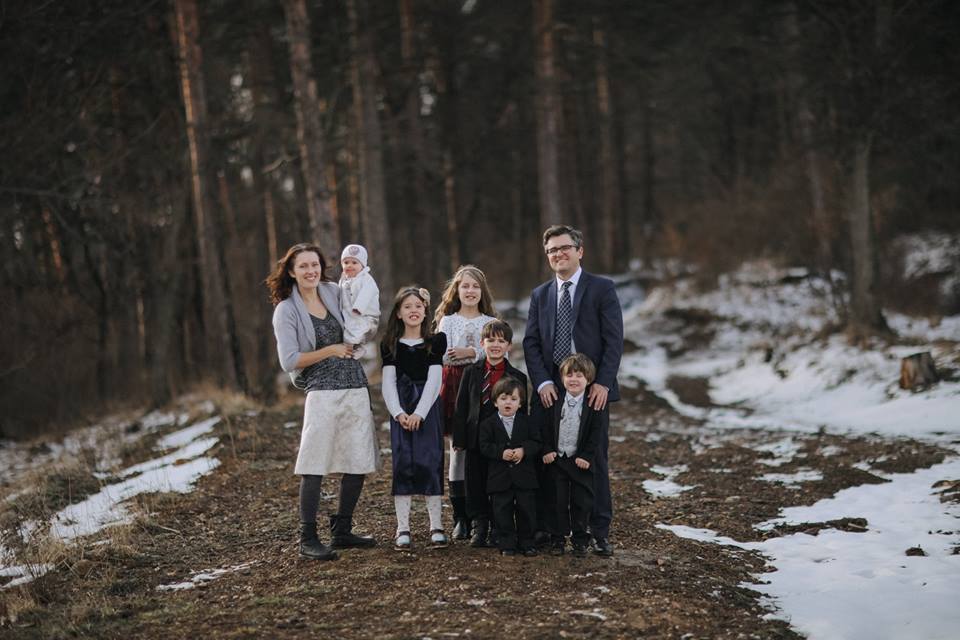



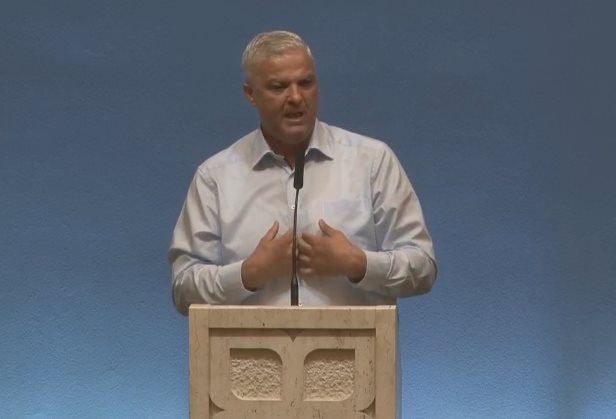
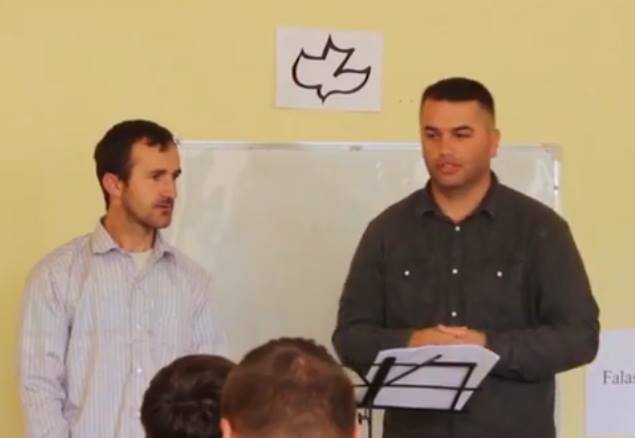











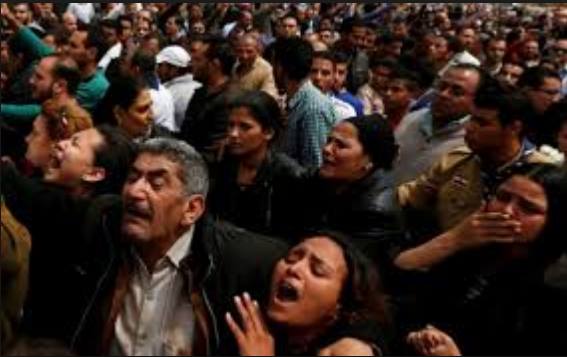
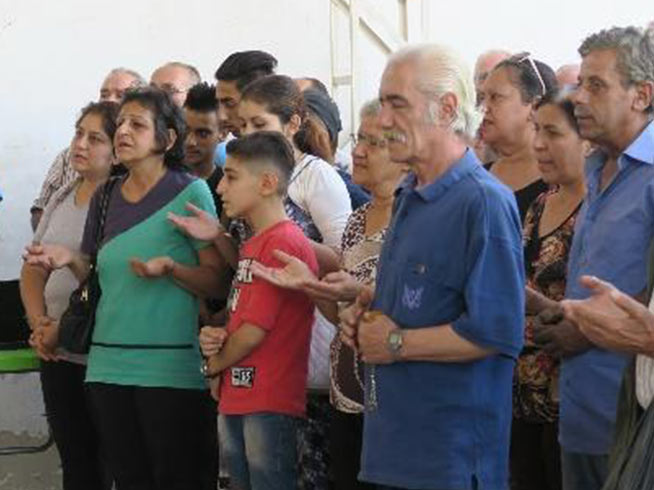



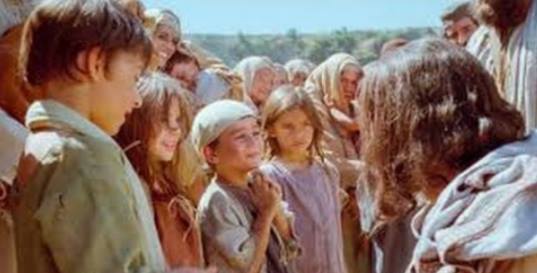













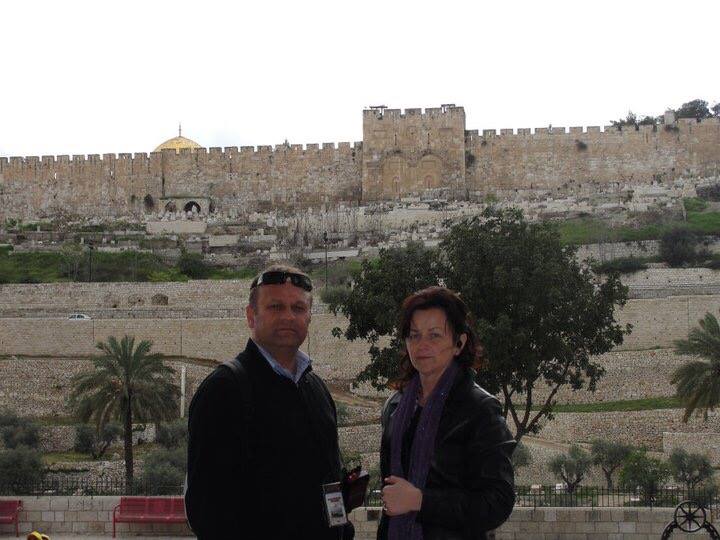















































































































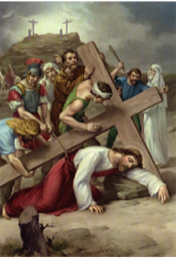




2 comentarii (+add yours?)